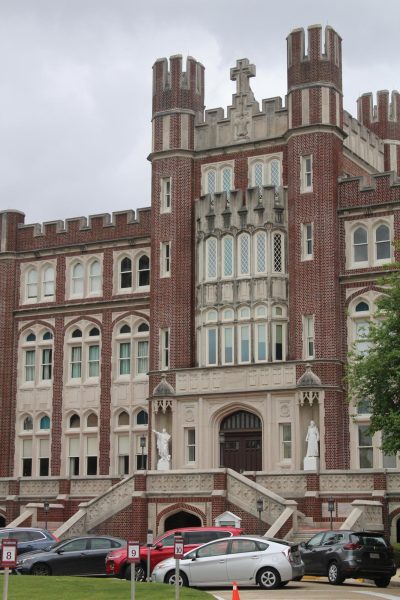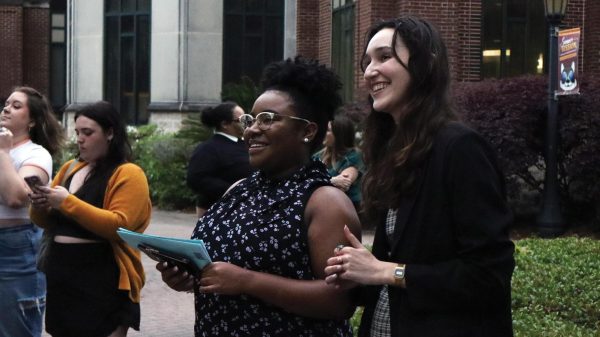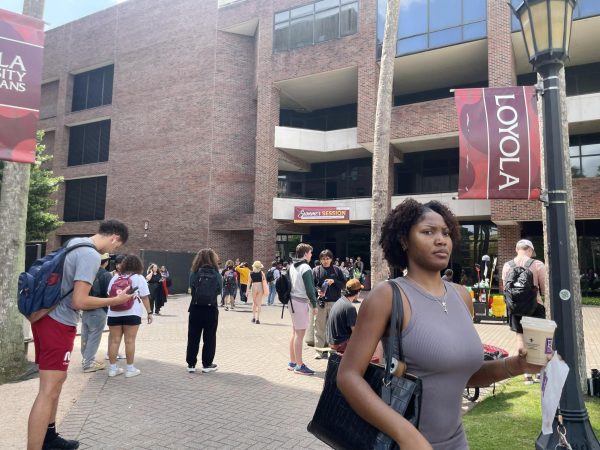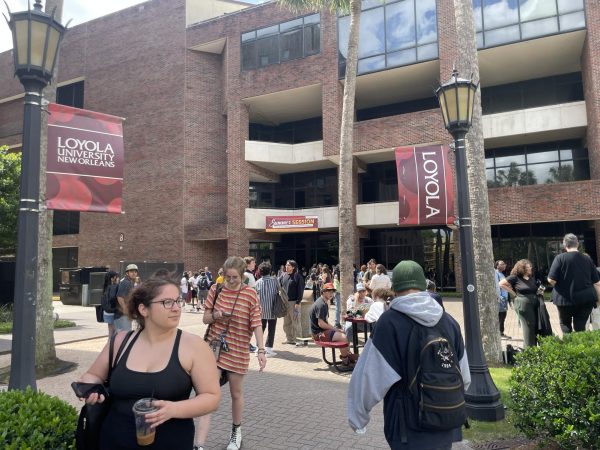University develops long-term budget plan
January 22, 2015
After a year and a half of increased marketing, budget cuts, voluntary severances and decreased retirement contributions, Loyola has closed its budget deficit by $5.8 million.
In the fall of 2014, Loyola announced that the university had a $7 million deficit, mostly due to declining enrollment numbers. However, Jay Calamia, vice president of finance and administration, said that the deficit has decreased to $1.2 million.
Calamia said this is where the university expected to be at this time.
In August, Marc Manganaro, provost and vice president for Academic Affairs, said that university president the Rev. Kevin Wildes, S.J., believed the budget would be balanced by the end of this academic year.
However, during the spring 2015 Faculty and Staff Convocation on Jan. 9, Wildes said that the university was working to develop a sustainable financial program to continue to decrease the deficit.
Calamia said that a university steering committee has been formed and will be assisted by a higher educational financial consultant. They will work together to develop a long-term financial plan for Loyola, he said.
“The process for enactment and the timeline for attaining financial equilibrium will be developed by the committee with the guidance of the consultant. Their work will be forwarded to Fr. Wildes for his handling with the Board of Trustees,” Calamia said.
During the convocation, Wildes said that he does not want to take money away from the university’s endowment to put towards the deficit. He said this would only be a short-term fix, whereas Loyola needs a long-term solution.
Pedro Benitez, economics senior, said the progress the university has made is good, but may not be addressing enrollment, a root cause of the deficit.
“I think that recognizing the problem is important and taking steps forward is crucial. However, the question still remains, is Loyola adequately priced,” Benitez said.
To Benitez, the idea of an increase in enrollment without a decrease in tuition simply will not work.
“Without the lowering of tuition costs, I find it difficult to believe more students will come and help shrink the deficit,” Benitez said.
Benitez said that he has some hopes that the completion of Monroe Hall and the other renovations done around campus, will help draw in prospective students. However, he said he is not entirely convinced.
“Time will tell if the investment will pay off,” Benitez said.















